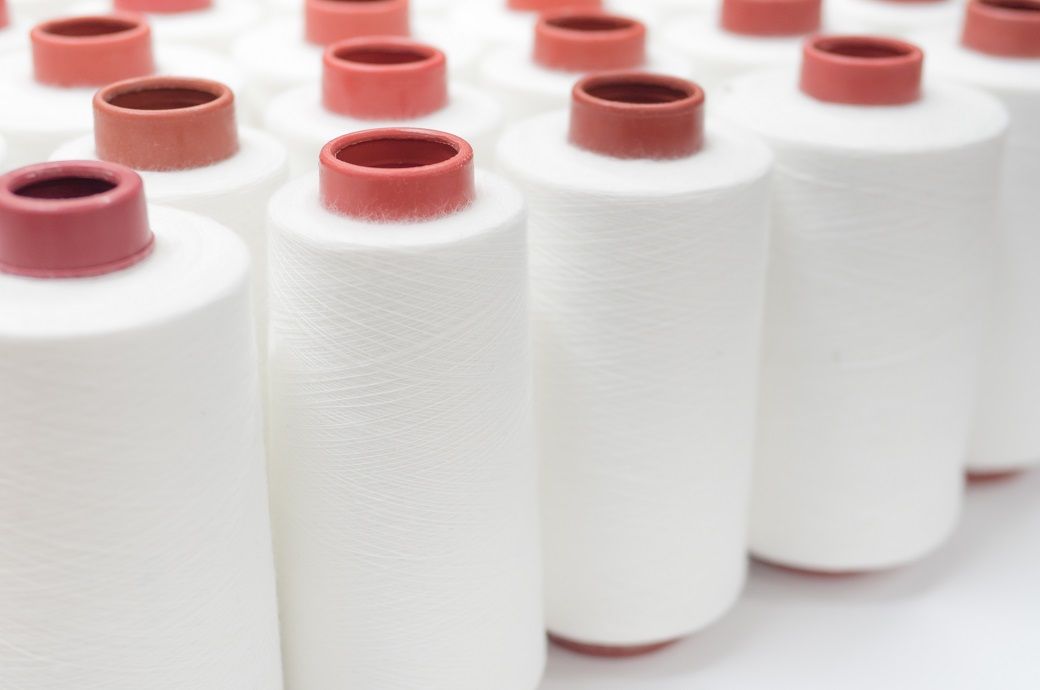
The Ludhiana market experienced little significant price fluctuation due to subdued demand. A cash crunch afflicted the market, attributed to increased imports of fabric and ready-made garments from China and Bangladesh. A trader from the Ludhiana market informed Fibre2Fashion, "Local liquidity was being siphoned off into foreign markets due to higher imports of downstream products such as fabric and garments. Mills were attempting to manage their inventory and sales."
The price of 30 count cotton combed yarn was ₹265-275 per kg (GST inclusive); 20 and 25 count combed yarn were ₹255-265 per kg and ₹260-270 per kg respectively; and carded yarn of 30 count was 245-250 per kg in Ludhiana, according to Fibre2Fashion’s market insight tool TexPro.
The Delhi market also saw stability, owing to moderate demand from the downstream industry. Spinners received some export orders, which somewhat offset the weak local demand. A trader from the Delhi market told F2F, "Domestic demand was quite poor. However, spinning mills found support from export orders. Elevated cotton prices also raised their production costs. Mills were not willing to attract buyers by offering lower prices."
In Delhi, 30 count combed yarn was traded at ₹267-272 per kg (GST extra), 40 count combed at ₹297-302 per kg, 30 count carded at ₹237-242 per kg and 40 count carded at ₹267-272 per kg, as per TexPro.
Panipat's recycled yarn prices remained stable due to limited festive demand. A trader noted that recycled yarn manufacturers were aiming to maintain current prices, as they were not willing to offer additional discounts.
Recycled yarn remained stable amid weak demand. In Panipat, 10s recycled PC yarn (Grey) was traded at ₹77-82 per kg (GST paid). Other varieties and counts were noted as 10s recycled PC yarn (Black) at ₹50-54 per kg, 20s recycled PC yarn (Grey) at ₹92-97 per kg and 30s recycled PC yarn (Grey) at ₹135-145 per kg. Comber prices were hovering at ₹133-135 per kg. Recycled polyester fibre (PET bottle fibre) was noted at ₹74-77 per kg.
North India's cotton prices were bearish due to an increased supply. The presence of Pink Bollworm resulted in poor-quality cotton, causing a decline in prices, specifically in Rajasthan. According to trade sources, lower RD levels in Rajasthan cotton contributed to the drop in pricing. The pest not only affected production but also the quality of the natural fibre. Mills continued to purchase cotton, albeit in limited quantities.
North India's cotton arrival was noted at 13,000 bales of 170 kg each. State-wise, Punjab saw 1,500 bales, Haryana 6,500, upper Rajasthan 2,000, and lower Rajasthan 3,000. Cotton prices were as follows: Punjab at ₹6,230-6,250 per maund of 37.2 kg, Haryana ₹6,220-6,230 per maund, upper Rajasthan ₹6,120-6,220 per maund. In lower Rajasthan, cotton was priced between ₹59,500 and ₹60,500 per candy of 356 kg.
ALCHEMPro News Desk (KUL)
Receive daily prices and market insights straight to your inbox. Subscribe to AlchemPro Weekly!